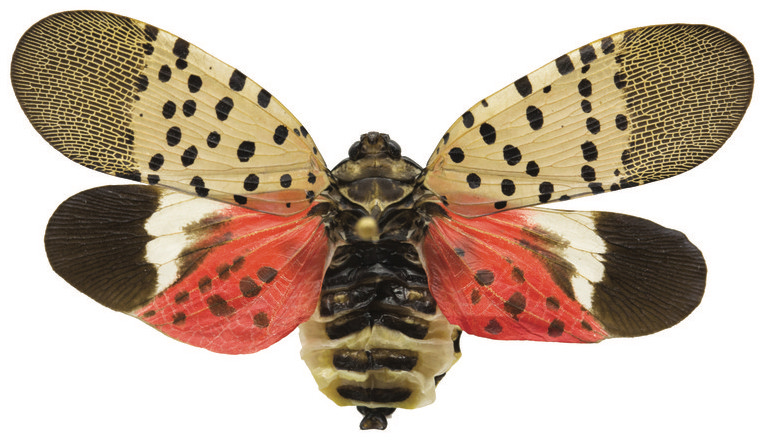
I'm interested in the ecology, impacts, and management of species that are changing their distributions due to humans. I work on the optimization of management and surveillance for species with dynamic ranges, including for invasive pests and trees undergoing climate-induced range shifts. I’m interested in creating better forecasts of future movement patterns, and better recommendations for invasive species management at large scales.
I'm a part of the Quantitative and Applied Ecology group (QAECO) at the University of Melbourne within their newly formed School of Agriculture, Food, and Ecosystem Sciences (SAFES).
I'm a recent arrival to UniMelb from Canada, and I continue to work in collaboration with Canadian government agencies, including Natural Resources Canada- Canadian Forest Service (NRCan-CFS) and Environment and Climate Change Canada (ECCC). I have longstanding partnerships with researchers at the United States Forest Service (USDA-FS).
I’m also a member of the InvaCost project - a living database and working group that quantifies the economic toll of invasive species
I was previously an NSERC postdoctoral fellow in Joe Bennett's lab at Carleton University.
I lead a team of engaged early career scientists who are looking to develop their quantitative skills. Take a look at my Research tab to learn more about our ongoing work and any specific project opportunities available. While our group is currently quite full, feel free to get in touch with me if you are a prospective Honours, Masters, or PhD student in search of a supervisor for an applied conservation project with a quantitative focus (no quantitative skills needed to apply!). If you're interested in doing a Postdoc with me, let's talk about how we can co-design a grant or fellowship application that's aligned with your goals!
Learn more about my work from my recent IPRRG webinar and coverage of my work on CBC's Quirks and Quarks.
I acknowledge the Traditional Owners of the unceded lands where I work and live — the Wurundjeri people of the Kulin Nation — and pay my respects to their Elders, past & present.